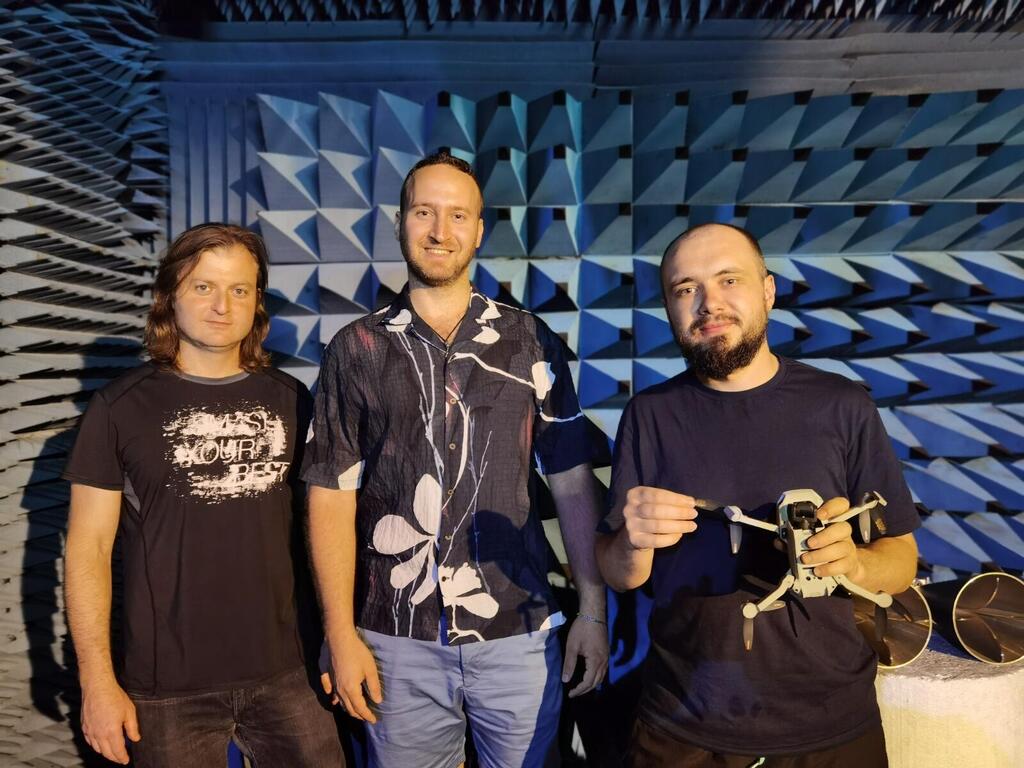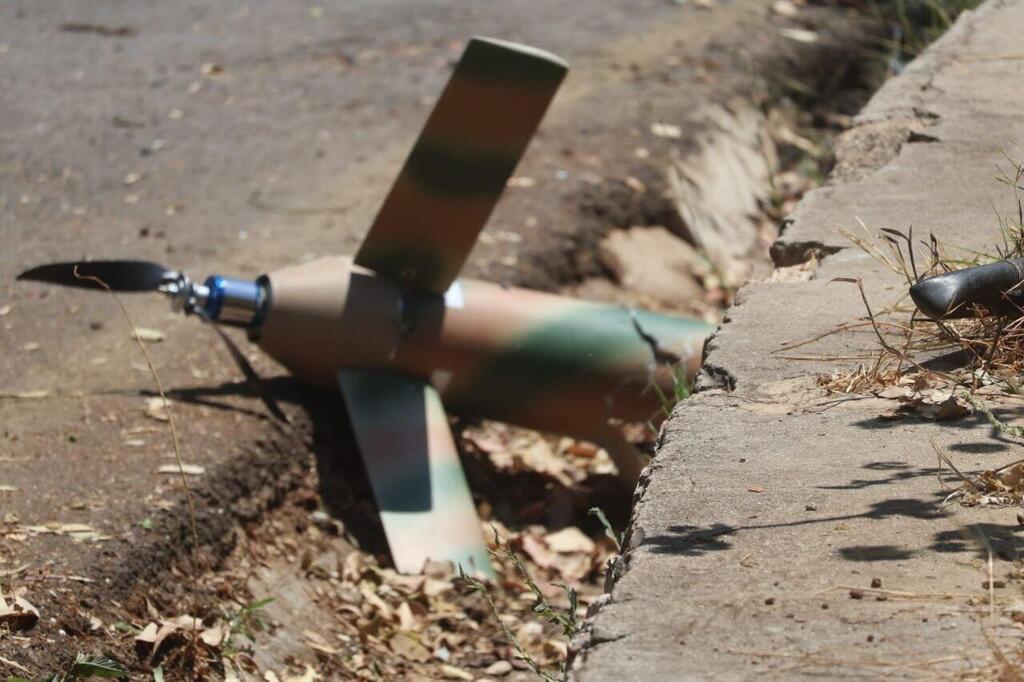Getting your Trinity Audio player ready...
Researchers at Tel Aviv University's Faculty of Engineering have developed new technology to detect hostile drones under varying and extreme weather conditions, enhancing the protection of Israel's airspace through smart tagging.
The team explained that traditional drone identification methods rely on cameras to capture and record aircraft entering Israeli airspace. However, these methods often fail in adverse weather conditions that hinder visibility. The new technology addresses these challenges using radar assisted by an AI algorithm that classifies drones based on the electromagnetic radiation they emit.
The development, spearheaded by PhD student Omer Zadok and postdoctoral researcher Dmytro Vytchuk in the lab of Professor Pavel Ginzburg, with the assistance of Kalil Hyon, represents a significant advancement. All are part of the university's Department of Electrical Engineering.
Zadok emphasized the importance of drone identification when there is no direct line of sight, such as in clouds, fog, or harsh weather conditions. Cameras alone are insufficient, making radar necessary for effective detection.
The new system identifies drones through their electromagnetic "identity," allowing the radar to tag the drone's wings and differentiate between various drones. The AI algorithm, powered by a neural network, classifies drones as either friendly or hostile, operating effectively in diverse weather and environmental conditions while minimizing risk to human life.
Preliminary testing was conducted in controlled laboratory settings, followed by trials in real-world conditions.
"The simplest solutions work best," said Prof. Ginzburg. "This project leverages important physical principles for reliable and accurate drone classification. Identifying any drone on radar is complex, so the ability to recognize a specific drone is an achievement we are very proud of."
Zadok noted that the combination of electromagnetic techniques, AI algorithms, and innovative radar technology yields optimal results. "Mapping the airspace is crucial for protecting the lives of soldiers and civilians. This project is vital in our daily lives, especially in these times," he said.




